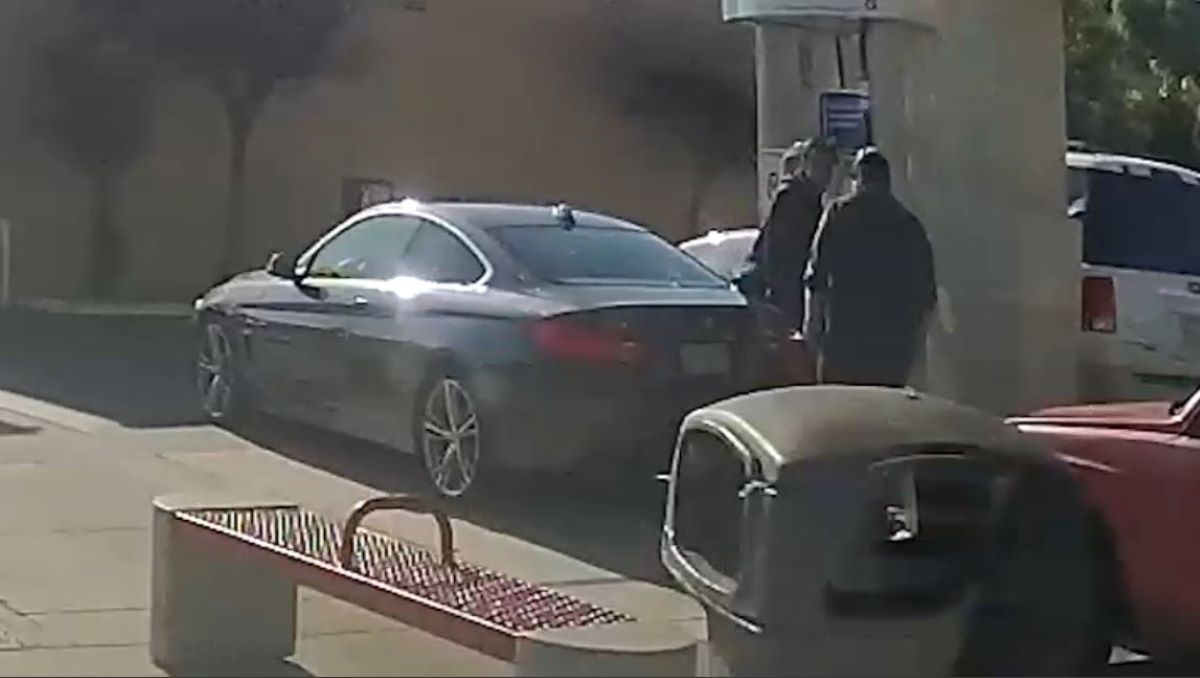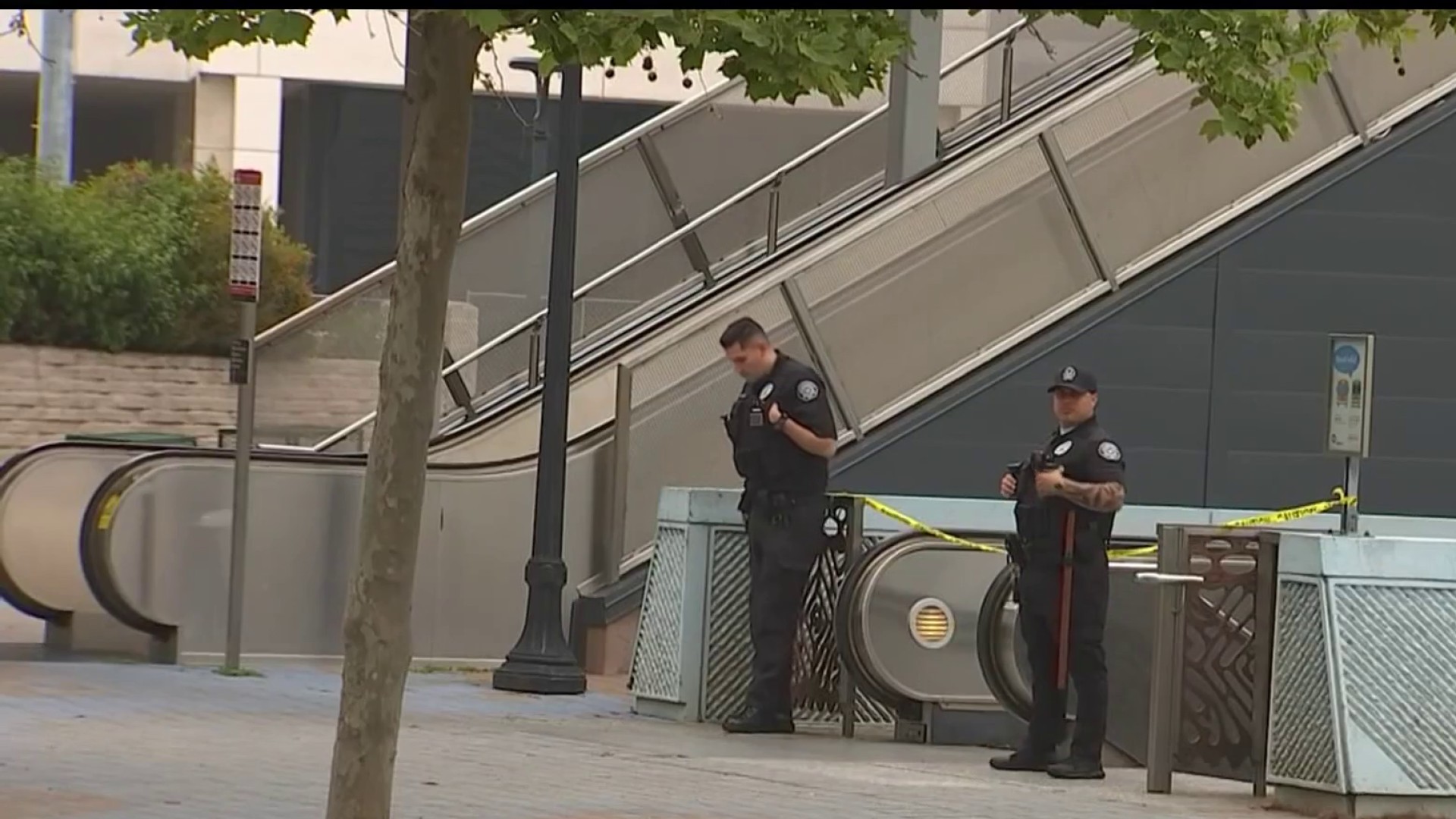Allegations of racial profiling on the USC campus are creating a stir after an actress from the hit show "Empire" said she would not send her son to the Southern California school because he was racially profiled.
Some students said they are not surprised by the allegations.
The issue dominated the national discussion after actress Taraji P. Henson's said she wouldn't send her 20-year son to USC after she said he was stopped by police because of the color of his skin.
"I never feel comfortable without my ID on me because I know I'm going to get stopped," said Skylar Dunn, a senior at USC.
On the schools campus, some students say the moment highlights a common occurrence.
"These things are happening every year, every semester," said Ama Amoafo-Yeboah, a senior.
Amoafo-Yeboah was there when several black students were arrested by the LAPD at a party in 2013.
News
Top news of the day
It set off protests and discussions about race relations on campus.
"It's not being addressed to the entire student body that it is something that's necessary," she said.
She points to the site, "I, Too, Am USC," launched on Martin Luther King Day, before the recent controversy.
It features stories of marginalization among students.
The actress from the current FOX show, "Empire," tells Uptown magazine her son was on campus when police stopped him "for having his hands in his pockets.
"I'm not paying 50K so I can't sleep at night wondering is this the night my son is getting racially profiled on campus," she said.
In a statement, the chief of the schools Department of Public Safety said he, too, has been racially profiled and encourages reporting any allegations of bias.
That triggers an investigation with the University's Office of Equity and Diversity.
It's unclear who was involved in the alleged incident involving Henson's son. The chief says no report was made to his office.
"There's no system of checks and balances," Amoafo-Yeboah said.
Students said they have never seen the outcome of any report. The school would not return calls for comment.
"At an institution where we are only 4 or 5 percent, it's really hard," Amoafo-Yeboah said.
Students say they have worked with the chief before but insist there should be more training for officers and a continuous open discussion.
Henson's representatives have not commented since the magazine article was released nor have they contacted the school. The chief wants to meet with mother and son to discuss the allegations.



